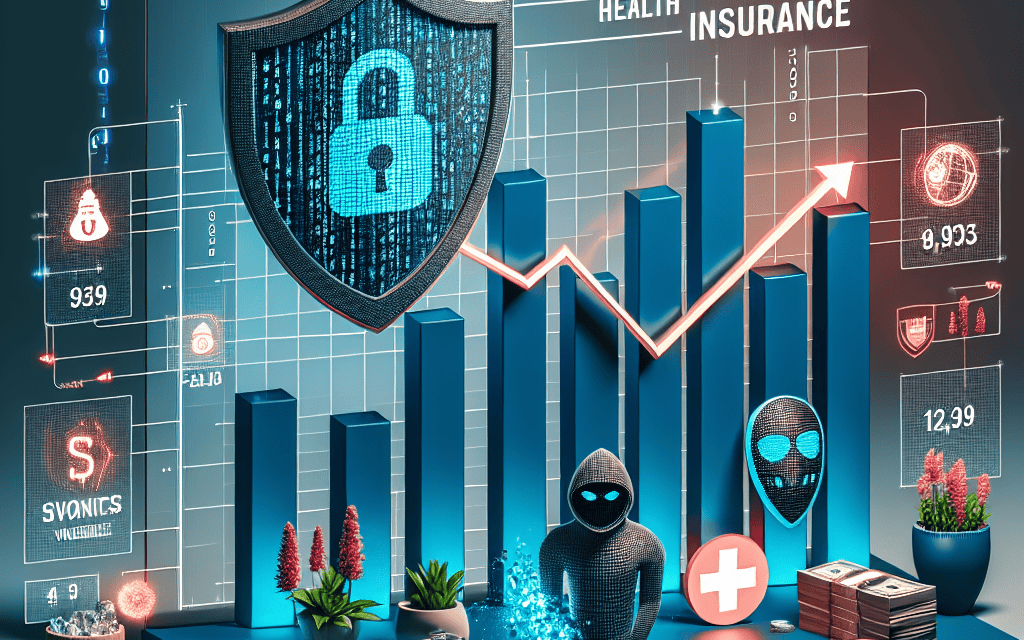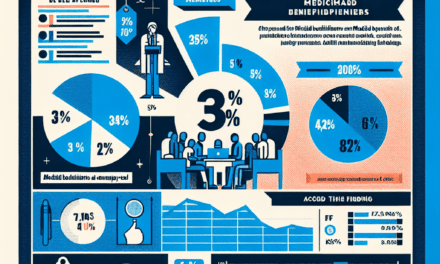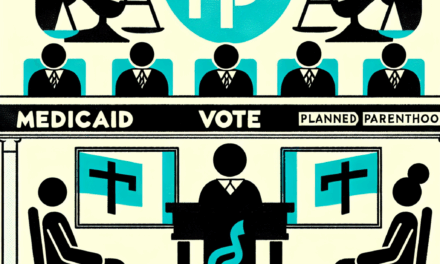-
Table of Contents
UnitedHealth Reduces Profit Forecast Amid Rising Cyberattack Expenses

In an era where digital transformation is reshaping the healthcare industry, cybersecurity has emerged as a critical concern. UnitedHealth, one of the largest healthcare companies in the United States, recently announced a reduction in its profit forecast, attributing this adjustment to escalating expenses related to cyberattacks. This article delves into the multifaceted impact of cyber threats on UnitedHealth, exploring the broader implications for the healthcare sector, the strategies being employed to mitigate these risks, and the future outlook for cybersecurity in healthcare.
The Growing Threat of Cyberattacks in Healthcare
Cyberattacks have become increasingly sophisticated and frequent, posing significant challenges to the healthcare industry. As healthcare organizations digitize their operations, they become more vulnerable to cyber threats. UnitedHealth’s recent experience underscores the urgency of addressing these vulnerabilities.
Healthcare data is particularly attractive to cybercriminals due to its sensitive nature. Personal health information (PHI) can be exploited for identity theft, insurance fraud, and other malicious activities. The value of PHI on the black market is significantly higher than that of other types of personal data, making healthcare organizations prime targets for cyberattacks.
According to a report by the Ponemon Institute, the average cost of a data breach in the healthcare sector is $9.23 million, the highest among all industries. This figure highlights the financial impact of cyberattacks on healthcare organizations, including UnitedHealth. The costs associated with data breaches extend beyond immediate financial losses, encompassing regulatory fines, legal fees, and reputational damage.
UnitedHealth’s decision to revise its profit forecast reflects the growing financial burden of cybersecurity. The company has reported increased spending on cybersecurity measures, including investments in advanced technologies and personnel training. These expenses are necessary to protect sensitive patient data and maintain trust with stakeholders.
- Increased frequency of cyberattacks targeting healthcare organizations.
- High value of personal health information on the black market.
- Significant financial impact of data breaches in the healthcare sector.
- UnitedHealth’s increased spending on cybersecurity measures.
- Importance of maintaining trust with stakeholders through robust cybersecurity.
UnitedHealth’s Response to Cybersecurity Challenges
In response to the rising threat of cyberattacks, UnitedHealth has implemented a comprehensive cybersecurity strategy. This strategy encompasses a range of measures designed to protect sensitive data, detect potential threats, and respond effectively to incidents.
One of the key components of UnitedHealth’s cybersecurity strategy is the adoption of advanced technologies. The company has invested in artificial intelligence (AI) and machine learning (ML) tools to enhance its threat detection capabilities. These technologies enable UnitedHealth to identify and respond to potential threats in real-time, reducing the risk of data breaches.
In addition to technological investments, UnitedHealth has prioritized employee training and awareness. Cybersecurity is not solely a technological issue; it also involves human factors. By educating employees about the importance of cybersecurity and providing them with the necessary skills to identify and respond to threats, UnitedHealth aims to create a culture of security within the organization.
UnitedHealth has also strengthened its partnerships with external cybersecurity experts. Collaborating with industry leaders and government agencies allows the company to stay informed about emerging threats and best practices. These partnerships provide UnitedHealth with access to valuable resources and expertise, enhancing its ability to protect sensitive data.
- Adoption of advanced technologies such as AI and ML for threat detection.
- Emphasis on employee training and awareness to address human factors.
- Strengthened partnerships with external cybersecurity experts.
- Collaboration with industry leaders and government agencies.
- Creation of a culture of security within the organization.
The Broader Implications for the Healthcare Sector
UnitedHealth’s experience with rising cyberattack expenses is not an isolated incident; it reflects a broader trend within the healthcare sector. As digital transformation continues to reshape the industry, healthcare organizations must prioritize cybersecurity to protect sensitive data and maintain trust with patients and stakeholders.
The healthcare sector faces unique challenges when it comes to cybersecurity. The complexity of healthcare systems, the diversity of devices and applications, and the need for interoperability create vulnerabilities that cybercriminals can exploit. Additionally, the sector is subject to stringent regulatory requirements, such as the Health Insurance Portability and Accountability Act (HIPAA), which mandate the protection of patient data.
To address these challenges, healthcare organizations must adopt a proactive approach to cybersecurity. This involves not only investing in advanced technologies but also fostering a culture of security and collaboration. By working together, healthcare organizations can share information about emerging threats and best practices, enhancing their collective ability to protect sensitive data.
The financial impact of cyberattacks on the healthcare sector is significant. In addition to direct costs, such as regulatory fines and legal fees, organizations may face reputational damage and loss of patient trust. These consequences can have long-term implications for the financial stability and success of healthcare organizations.
- Unique challenges faced by the healthcare sector in terms of cybersecurity.
- Complexity of healthcare systems and need for interoperability.
- Stringent regulatory requirements, such as HIPAA.
- Importance of a proactive approach to cybersecurity.
- Financial impact of cyberattacks on healthcare organizations.
Strategies for Mitigating Cybersecurity Risks in Healthcare
To mitigate cybersecurity risks, healthcare organizations must adopt a multi-faceted approach that encompasses technology, processes, and people. This section explores some of the key strategies that can help healthcare organizations protect sensitive data and reduce the risk of cyberattacks.
One of the most effective strategies for mitigating cybersecurity risks is the implementation of robust access controls. By limiting access to sensitive data and systems to authorized personnel only, healthcare organizations can reduce the risk of unauthorized access and data breaches. This involves implementing strong authentication mechanisms, such as multi-factor authentication (MFA), and regularly reviewing access permissions.
Another important strategy is the use of encryption to protect sensitive data. Encryption ensures that even if data is intercepted by cybercriminals, it cannot be read without the appropriate decryption key. Healthcare organizations should encrypt data both at rest and in transit to ensure comprehensive protection.
Regular security assessments and vulnerability testing are also critical components of a robust cybersecurity strategy. By identifying and addressing vulnerabilities before they can be exploited by cybercriminals, healthcare organizations can reduce the risk of data breaches. This involves conducting regular penetration testing, vulnerability scanning, and security audits.
In addition to technological measures, healthcare organizations must prioritize employee training and awareness. Cybersecurity is a shared responsibility, and employees play a crucial role in protecting sensitive data. By providing regular training and awareness programs, healthcare organizations can equip employees with the knowledge and skills needed to identify and respond to potential threats.





